#Narnia no
Explore tagged Tumblr posts
Text
About Greta Gerwig, Little Women, and Narnia
Greta Gerwig should not be in the Narnia realm at all. As anything.
The Narnia stories are inseparable from Christianity. Greta Gerwig is a Unitarian Universalist. This means she, in her own personal life, doesn’t believe in the saving work of Jesus Christ, which is a core belief of Christianity, and a core theme in Narnia. Everything in the Narnia books hinges on this, from the character motivations to the structure of the fantasy world to the way the magic in Narnia works.
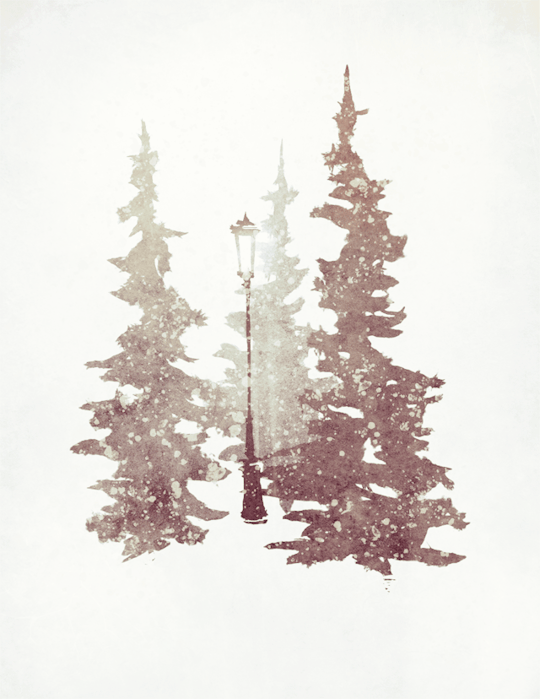
Additionally, the women in Narnia do not adhere to post-modern or even antique feministic values. They are celebrated for their love and tender-heartedness and faith, all of which require self-sacrifice. Aravis of The Horse and His Boy starts out a proud warrior escaping an arranged marriage and ends up a humbled lady of Archenland court marrying the Prince. Susan Pevensie is at her best when she’s tender-hearted and at her worst when she doubts and becomes more concerned about her own identity than others. The school that Eustace and Jill go to in The Silver Chair is derided for it’s feministic views. By contrast, modern feminism is opposed to self-sacrifice, and that is the kind of thing Greta Gerwig demonstrates belief in throughout all of her works.
Am I saying that no person who isn’t a Christian or some type of conservative when it comes to feminism can ever work on Narnia? Absolutely not. I’m not saying that. Lots of people on the Walden Media Narnia movie (the first one), which was great, were not Christians and did not believe in the saving work of Christ. But they stayed faithful to the source material, even if they didn’t believe in the source material themselves. So the story retained it’s autonomy and power.


Greta Gerwig can’t do that. She has already demonstrated that she does not know how to make a story that hangs on to it’s integral source material if she, herself, doesn’t agree with that source material. She can’t be objective, and therefore, she can’t be faithful to what Narnia is.
How do I know that? Little Women.
I don’t care if you liked the Little Women movie by Greta Gerwig. I don’t care if the acting was “amazing” and I don’t care if Timothee Chalamet and Florence Pugh are great in it. I said exactly what I said. Greta Gerwig made a great movie—but she made a terrible adaptation of Little Women.
It was not Little Women. She made changes to Little Women. What changes, you ask? Changes to the specific pieces of the source material that did not reflect Greta Gerwig’s personal views.
That’s the cardinal sin for directors of adaptive stories or remakes—to make changes to the core themes of a classic tale, because you don’t agree with those core themes. That’s called mutilation, not “updates.”
Here’s how she did it in two major ways in Little Women:
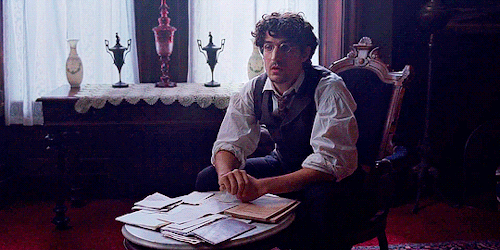
She cut out Jo’s humble response to Friedrich’s gentle rebuke of sensation stories, and replaced it with a feministic self-pitying outburst from Joe and s borderline apathetic, cool piece of feminist advice from Friedrich. That takes all the continuity out of it and warps the characters. That scene is so pivotal in the book. It’s Jo, respecting a man who is much older and excellent in character than any other she’s ever known, and feeling immediately humbled by him calling her out. She’d never have responded that way if Laurie called her out. They would have argued. But this scene was supposed to show what Jo needed from a future romantic partner. She needed someone she respected, someone who could be wise and gentle—two things Laurie is not. She needed someone who would help her take her eyes off of worldly success and herself, and onto eternal benefits to mankind, specifically, the effect her stories might have on children. His gentle, respectful, wise love (and the love of characters like Beth) turns Jo from a self-absorbed writer into a selfless mother, like her own Marmee.
But Greta Gerwig never wanted Jo to be a selfless mother. She wanted, and I quote, “Jo’s love to be her work, and her romance with Friedrich secondary.” You know why?
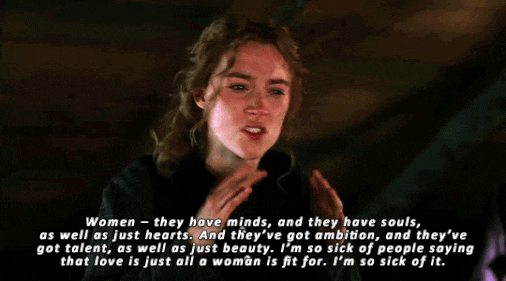
Because that’s what Greta Gerwig believes in. Greta Gerwig’s life is her work. Watch any of her movies, you’ll see the smudge marks of that wholehearted belief all over them. She can’t even be objective when the whole point of a character is to make work secondary, as was certainly the case with the character of Jo March. No. She has to twist up one of the best American heroines ever into an automaton of herself.
The second way she mutilated source material is with Amy and Laurie. In the books, Amy and Laurie grow to love each other out of the character deficiencies that they make up for in one another. At the start of their courtship, Amy is ambitious and Laurie is lazy. Amy wants to marry for advantage, and Laurie wants to make much of his spurned love for Jo by giving up on life. And that’s it.
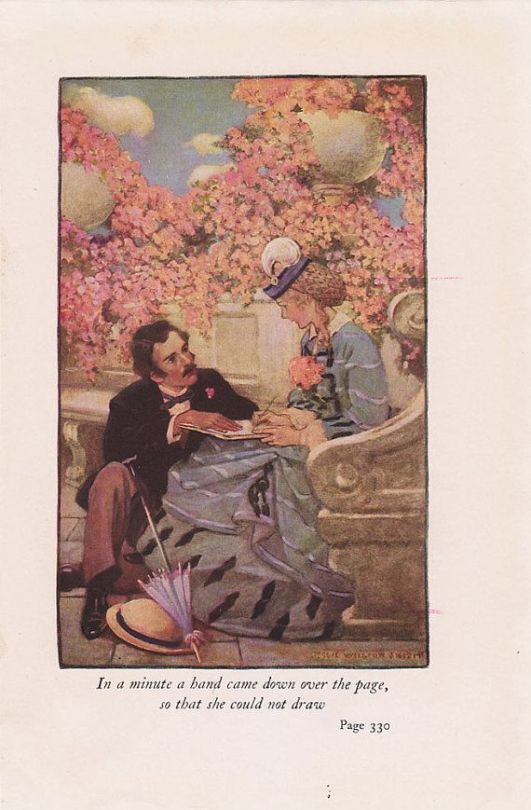
It’s Amy who first wakes up to feeling something romantic toward Laurie, not Laurie, and Laurie is not the first to make a move on her. Laurie does not know he is in love with Amy until well after she knows she loves him. Then, he does not make the first outward advance on Amy. They both come to the same conclusion together; when they do, she does not resist. In Greta Gerwig’s version, he’s back to falling in love with a girl who’s resisting, because that’s where Timothee Chalamet’s emotional acting shines or whatever.
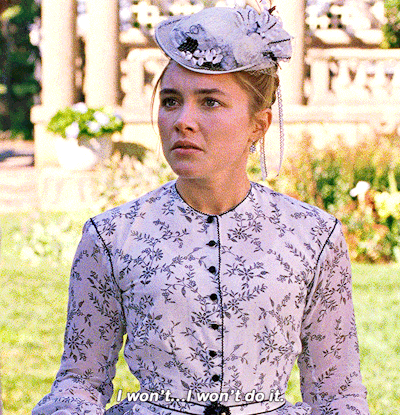
But that’s not the worst part. The worst part is that she adds a feminism speech from Amy, as a reason for her resistance, and she subtracts the scene where Laurie actually proposes. The scene where Laurie proposes, in the book, is so beautiful.
The two characters are in love, they know they’re in love, and neither of them is insecure about it. Amy has learned that she needs a life-partner who knows her and will protect her, like her old home-values did, and not some rich aristocrat or prince. Laurie has learned that he needs a life-partner who can stir him toward change, not through big explosive arguments and hope of conquered affection like Jo, but with gentle love and sheer inspiration, found in Amy.
So, in the most beautiful analogy for courtship that ends in marriage ever, he proposes to her while they’re rowing on a lake. She’s sitting next to him in the middle of the boat, she’s got one oar, he’s got the other, and she says, “How well we pull together, don’t we?” And he says, “so well that I wish we might always be in the same boat. Will you, Amy?” And she says “yes.”
That’s it. No argument. No big, passionate, sentimental explosion like he had with Jo. No wrenched and broken heart-strings. He didn’t have to convince her. She didn’t have to resist. Because entirely without force, and entirely without insecurity, they protected each other’s hearts and came to a conclusion that was based on something so much deeper and more eternal than fleeting passion.
Greta Gerwig cut that out and listened to Meryl Streep and put in another stormy lover’s-quarrel speech from Amy about why she couldn’t be with Laurie because she was in Jo’s shadow, and feminism and marrying for advantage, blah blah blah. It’s terrible. It’s mutilation. It ruins everything the original Little Women had.
it doesn’t matter if she got some of the characters right. It doesn’t matter if she got a lot of the quotes right. It doesn’t matter if all of Act 1 of the movie is mostly-book-accurate. If you change load-bearing themes or character motivations, you show that you can’t be objective and faithful to the source material.

It is fine if Greta Gerwig wants to make a movie about a woman who loves her work more than anything else. It is fine if she wants to make a movie about how women are under-appreciated for their minds and souls, and have characters that go on a journey to prove it. But it is not fine to use someone else’s story to say it. Make your own story, Greta Gerwig.
Oh, you already did? See: Lady Bird? See: Frances Ha? Then come up with something new. Don’t shoehorn your same beliefs into every franchise that is offered to you, like vomiting, then eating the vomit and regurgitating it over and over in new colors. Figure out how to tell someone else’s story in a faithful way, objectively, or else keep your stained hands off until you can clean them up. Especially, keep them off Narnia.
Greta Gerwig makes movies for Greta Gerwig, by Greta Gerwig. She can’t be objective, and for that, she can’t do Narnia. She can’t do it justice, she can’t do it faithfully, because she makes movies for herself, by herself.
#Little women#Greta gerwig#Greta gerwig hot take#hot take#Narnia#the chronicles of Narnia#little women 2019#Louisa may Alcott#c.s. Lewis#lady bird#Frances ha#Timothee Chalamet#Netflix the chronicles of Narnia#Netflix#Netflix Narnia#Aslan#Walden media#Narnia 2023#Narnia no#remake#adaptation#Barbie#barbie 2023#Florence Pugh#jo March#Laurie#Amy March#Theodore Laurence#Greta gerwig hate#Greta gerwig love
1K notes
·
View notes
Text
#polls#poll#pokémon#discworld#atla#one piece#land of ooo#naruto#avatar: the last airbender#lotr#oz#narnia#wonderland#harry potter#lord of the rings
13K notes
·
View notes
Text
many things about the chronicles of Narnia made me irrevocably insane at the small age of six years old but one of the big ones was the bit in prince Caspian where caspian blows susan's horn to try and summon help and it summons the pevensie kids like. that's crazy ok. that's insane. imagine at 12 years old you're given a horn thats purpose is basically summoning divine intervention & then years later someone blows it and summons YOU . I'm crazy !
#for me the thing i think about most wrt narnia is like. becoming a legend. the prophecy kids thing goes pretty basicstyle in the first book#but once u get to prince caspian ur dealing w these 4 people whove basically fufilled the prophecy but their lives arent over!!#both on earth and in narnia theyre figuring out what it means to live past the end of their own stories#& not just the conclusion theyve also lived past the happily ever after thehve had those entire lives as prophecized kings and queens n now#they just have to be people! it makes me a bit crazy#did you know wwii was an event that affected many people and showed up in lots of literature at the time in small ways.#cleb talky#narnia
5K notes
·
View notes
Text
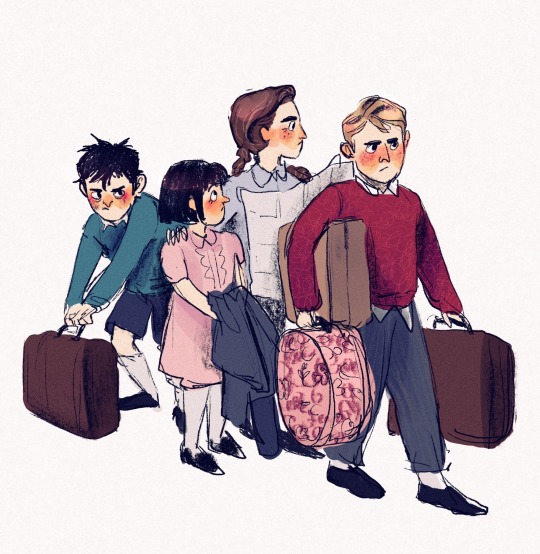
The Pevensie Children
#art#illustration#fan art#narnia#the chronicles of narnia#the lion the witch and the wardrobe#peter pevensie#edmund pevensie#susan pevensie#lucy pevensie#c s lewis
5K notes
·
View notes
Text
What's going to happen to British culture - which everyone knows is a great culture!
Watch the full episode on Dropout
3K notes
·
View notes
Text










"Here it’s always winter, never Christmas. It’s been a long winter."
THE CHRONICLES OF NARNIA: THE LION, THE WITCH, AND THE WARDROBE — 2005, dir. Andrew Adamson
#filmedit#the chronicles of narnia: the lion the witch and the wardrobe#moviegifs#dailyflicks#narniaedit#christmasedit#junkfooddaily#chewieblog#christmas#disneyedit#doyouevenfilm#fyeahmovies#filmtvtoday#userbbelcher#userstream#userrobin#userconstance#underbetelgeuse#throwbackblr#usermandie#cinemapix#useraurore#cinematv#usersameera#userfilm#userlenny#usersugar#filmtvcentral#nessa007#tuserdana
2K notes
·
View notes
Text
realized that the "problem of susan" misinterpretation is going to explode when the new narnia reboot drops and started chomping at the bit
8K notes
·
View notes
Text
C.S. Lewis in a letter to Charles A. Huttar March 30th 1962
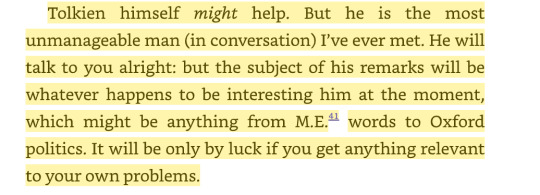
#c.s. lewis#chronicles of narnia#tolkien#middle earth#Mostly harmless Just needs a good smack or two
7K notes
·
View notes
Text
#polls#poll#daily polls#i love polls#polladay#fictional universes#portal fantasy#harry potter#star wars#star trek#dune#discworld#battletech#narnia#the hitchhiker's guide to the galaxy
15K notes
·
View notes
Text
#in my mind people loved one of these series#if there are other ones i'm sorry i am ignorant#books#teen books#young adult books#ya books#novels#twilight#harry potter#hunger games#percy jackson#chronicles of narnia#series of unfortunate events#divergent#mypolls
2K notes
·
View notes
Text
My issue with the Problem of Susan is that 90% of the people talking about it are trying to derive C S Lewis' theology and gender politics purely from the text of The Chronicles of Narnia, without any apparent exposure to his earlier work in theological science fiction or Christian apologetics, and if you are familiar with those sources it rapidly becomes apparent that this man was a fucking space alien. Like, no matter what conclusions you've arrived at based on Narnia, I guarantee you what he actually believed is way weirder.
#media#literature#c s lewis#the chronicles of narnia#the problem of susan#media analysis#media criticism#religion mention#christianity mention#swearing
2K notes
·
View notes
Text
They're his children of course. Richard still recognizes them; it's only been two years.
And yet...
Peter is a man. Still six months shy of his draft papers, but he stands, walks, sounds like a man. He always has a pocket knife, he tips his hat to all the females, he sings in a baritone that will only get deeper and richer. The tea he makes is decent, but sometimes he drinks coffee now. He talks about horses and crops and reads Augustine. He can drive a car. He gives orders, and expects them to be followed.
They all look to him, to Peter. Helen calls him to open a jar, Susan questions how her hair looks, Lucy runs to him in tears. As for Edmund, he and Peter are curiously joined, they turn to each other with their laughter, their thoughts, their books and newspapers and letters. As often as his family swirls around him, Richard sees them swirl around Peter, a habit, he knows, born of necessity, but that doesn't prevent it from being strange. Even painful.
Peter moves to take the head of table, catches himself. They both start to say grace, stop, glance at each other. Peter takes the newspaper over breakfast, and is a page in before he remembers. And every time he apologises. Each time he smiles at his father, and it is warm, glad, even benevolent.
One of the first nights, shortly after Christmas, Peter finds him sitting in his old armchair, staring into the fire, after everyone else has gone up to bed. "Dad?" comes the question, and he looks up blinking at the tall man, lamplight crowning him in gold, blue eyes deep and dark with knowledge and certainty.
"I'm not who I was," Richard says, a confession, the kind a father shouldn't burden his son with he thinks immediately, but then Peter is down on one knee, reaching for the mangled hand, tender with the three fingers as he clasps strong calloused palms around them.
"Neither am I, Dad. None of us are." Peter's gaze is earnest, bright. "But you are still my father. And I will always be your son. I am forever grateful for that."
It is as if a great burden rolls off of his shoulders, and he finds no shame in leaning on Peter's hand to rise.
When the holidays end, and the four go back to school, Peter says I love you to each of them at the station.
If Peter is a man now, Susan is a lady.
She sits straight, she walks gracefully, she can cook anything as well or better than her mother. She reads the newspapers with Peter, she scolds Lucy for coming home with twigs in her hair and a tear in her stocking and wet shoes.
She talks less than her father remembers, and there is a woman's sadness in her gazing out the window or into the fire. She is also very admiring of the boys in uniforms, and Richard requests her arm on the way out of church with a father's righteous sense of protection.
But she is also gentler than he recalls, she does not shy away from his injured hand, she takes care of him without making him feel as if he needs care. She sits on a cushion by his feet as she braids her hair in the evenings, leans on his knee as she reads aloud, and Richard thinks, Not my little princess, but a queen now.
At the train station, she kisses him goodbye, and he hugs her close, and there are tears in her eyes as she says I love you.
Edmund is the closest to unrecognizable, the once-obvious four year span between he and Peter seemingly halved. He greets his father wordlessly, all shining eyes and bright smile, and his face is so close to Richard's own it makes his heart break a little.
Ed is no more little boy, he is tall, slim, oddly graceful, but his handclasp is strong. He holds himself the same way Peter does, with squared shoulders and lifted head, but he wears that nobility in a quieter fashion. He's quick to see, quick to hear, quick with a wisecrack that makes Peter laugh out loud. He plays the violin now. He returns the family Bible to the living room with an apology for having kept it since the summer holidays. He reads Agatha Christie as a personal challenge, whispers to Susan in French, and his chess games with Peter are fierce battles of strategy that Richard cannot keep pace with.
In discussions of the war and its movements, he is sober and considerate, he meets each of Peter's moods with a balancing counter, he has a way of phrasing questions that pull out stories Richard had never planned to tell.
A few nights before the children return to school, Richard sits up in bed, certain he has heard a faint cry, and he slips away from his exhausted wife to check on his children, remembering how Edmund had suffered from night terrors as a child, imagining little Lucy inflicted with some dark dream.
But all he finds is shadows in the boys' room, and quiet whispers—Peter's apologies, Edmund's reassurance, and allusions to things Richard has no context for. He lingers by the door, an outsider in his home, until silence falls, and he returns with morning light to find them curled together in Peter's bed, Pete with an arm over Ed, and the father's love is bittersweet.
They have fought their own battle over here, on the home ground, Richard reminds himself. In their own way they have each faced terror and learned to conquer or be conquered, but perhaps he can meet them somewhere in between. Only time will tell.
On the train platform, Ed hugs his father tightly, gives him a smile, tells him to keep out of trouble.
Lucy is the least changed, though she too is taller and stronger, and her eyes are deeper. She still sings, still dances, still tries to make friends with all the animals, still smiles and speaks kind and stares dreaming at the Christmas tree.
She still gives fierce hugs, still climbs into her father's lap, though her head comes up higher on his chest, on his shoulder.
But then he finds gaps in his library, and Lucy returns the medical books with a winsome apology, she asks questions about his practices in the field, she winces but does not shy away from the blood and broken things he speaks of.
Then she recites long poems, words spinning off her tongue until they become half song; she dances swift and graceful, she and Peter laughing and stepping and clapping and spinning in intricate patterns to the swing song on the radio; and it is she who, breathless, quotes Byron: "On with the dance! Let joy be unconfined!"
Her comfort is both generous and thoughtful, and she strokes her father's hair with a motherly hand that makes his eyes sting, and he kisses her fingers, looks up at her to whisper, "Don't- don't grow up quite so fast, my darling."
When she hugs him on the platform, Susan waiting for her, the boys already gone, she doesn't want to let go, and there are tears on her cheek, that he wipes away gently. "Be careful, Daddy," she whispers. "Get strong. Take care of Mummy."
"Yes, little mother," he smiles back.
And then they are all gone, and he takes a cab home, weary of his still-recovering body.
He will have to learn his children all over again, he thinks. But he is proud of them still. That has not changed.
#mr pevensie#richard pevensie#peter pevensie#susan pevensie#edmund pevensie#lucy pevensie#pevensie siblings#fatherhood#my writing#narnia fanfiction#narnia
3K notes
·
View notes
Text
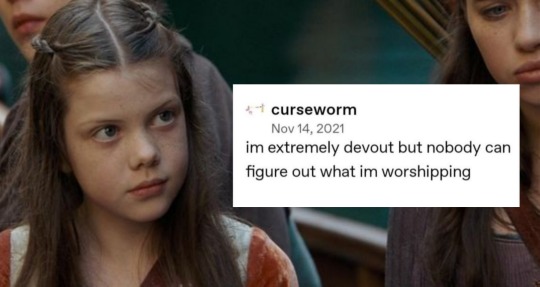
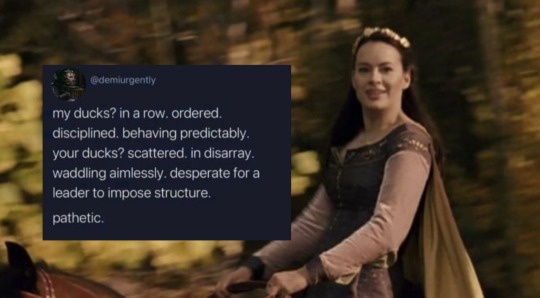
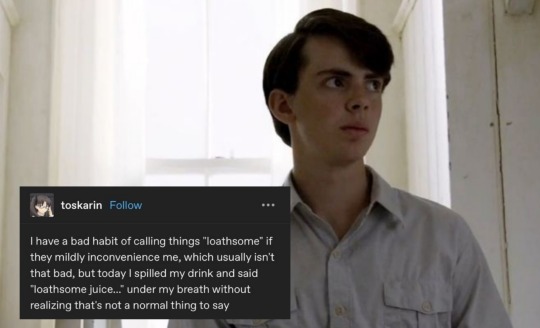
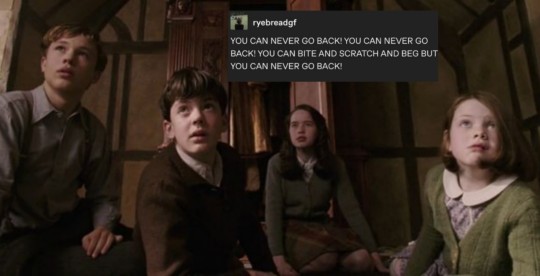
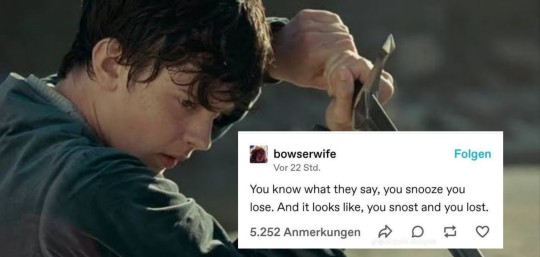
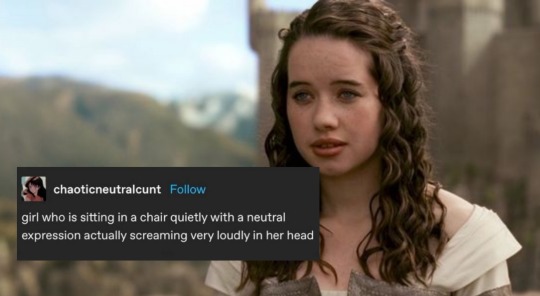
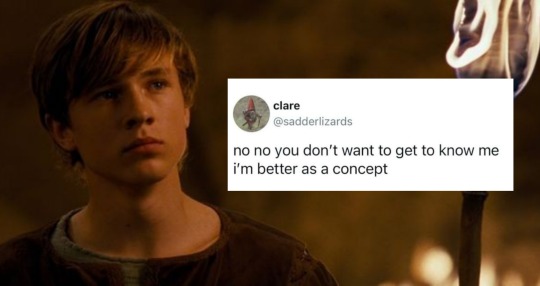
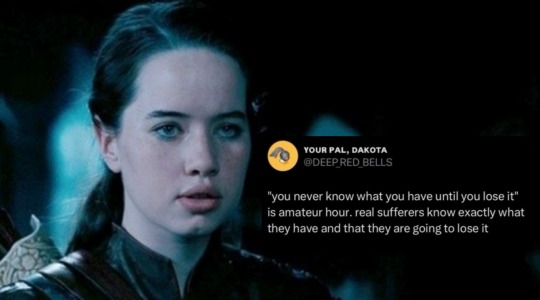
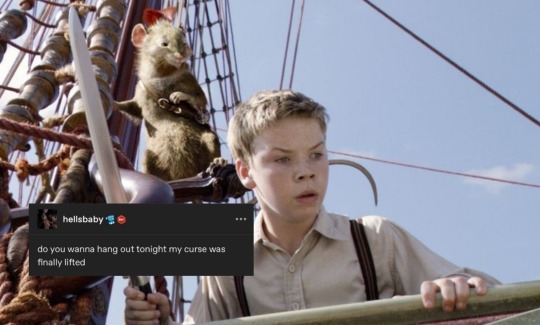
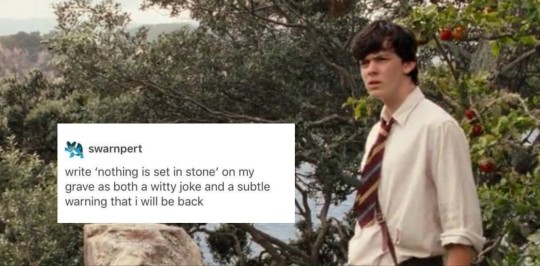
Narnia text posts 3/one gazillion
#cleb talky#cleb things#narnia textposts#the lion the witch and the wardrobe#prince caspian#the voyage of the dawn treader#chronicles of narnia#narnia#edmund pevensie#lucy pevensie#peter pevensie#susan pevensie#eustace scrubb#textpost meme#text post meme
1K notes
·
View notes
Text



As opposed to hundreds of years later... when you're younger.
#narnia#the chronicles of narnia#tcon#lucy pevensie#susan pevensie#mine#narniaedit#thechroniclesofnarniaedit#tconedit#susanpevensieedit#lucypevensieedit#userblorbo#perioddramaedit#usereowyn#fantasyedit#anna popplewell#userfilm#nessa007#userrlaura#filmedit#userneve#tusereliza#arthurpendragonns#disneyedit#animationsdaily#fyeahmovies#disneyfolk#userrobin#periodedit#georgie henley
1K notes
·
View notes
Text
one aspect of the narnia films i feel like we don't talk about enough is they're funny too. they're so well written because they're incredibly earnest and heartfelt and brutally sad at times, but they also know just when to drop a funny line to catch you off guard and make you laugh. some of my fav moments:
edmund "perhaps we've been incorrectly labeled" pevensie
"we could all use the fresh air :)" "it's not like there isn't air inside."
[while preparing to run for their lives] "do you think we'll need jam?" "only if the witch serves toast!"
followed by "you should have brought a map" "there wasn't room next to the jam!"
"everyone's staring at us." [the most little sister voice ever] "maybe they think YOU look funny."
peter, full angst mode: "don't you ever get tired of being treated like a kid?" edmund: "...we ARE kids."
they're literally being pulled into another world and edmund's like shut up i'm NOT holding your hand peter
caspian saying he thought peter would be older and peter immediately being like WELL if you like we can just come back in a few years—
"you are a mouse." "*sigh* i was hoping for something a bit more original." -> "you're a mouse." "you people have no imagination."
reepicheep preparing to kill caspian and asking trufflehunter if he has a good reason for interrupting vs nikabrik immediately saying "he doesn't. go ahead."
2K notes
·
View notes